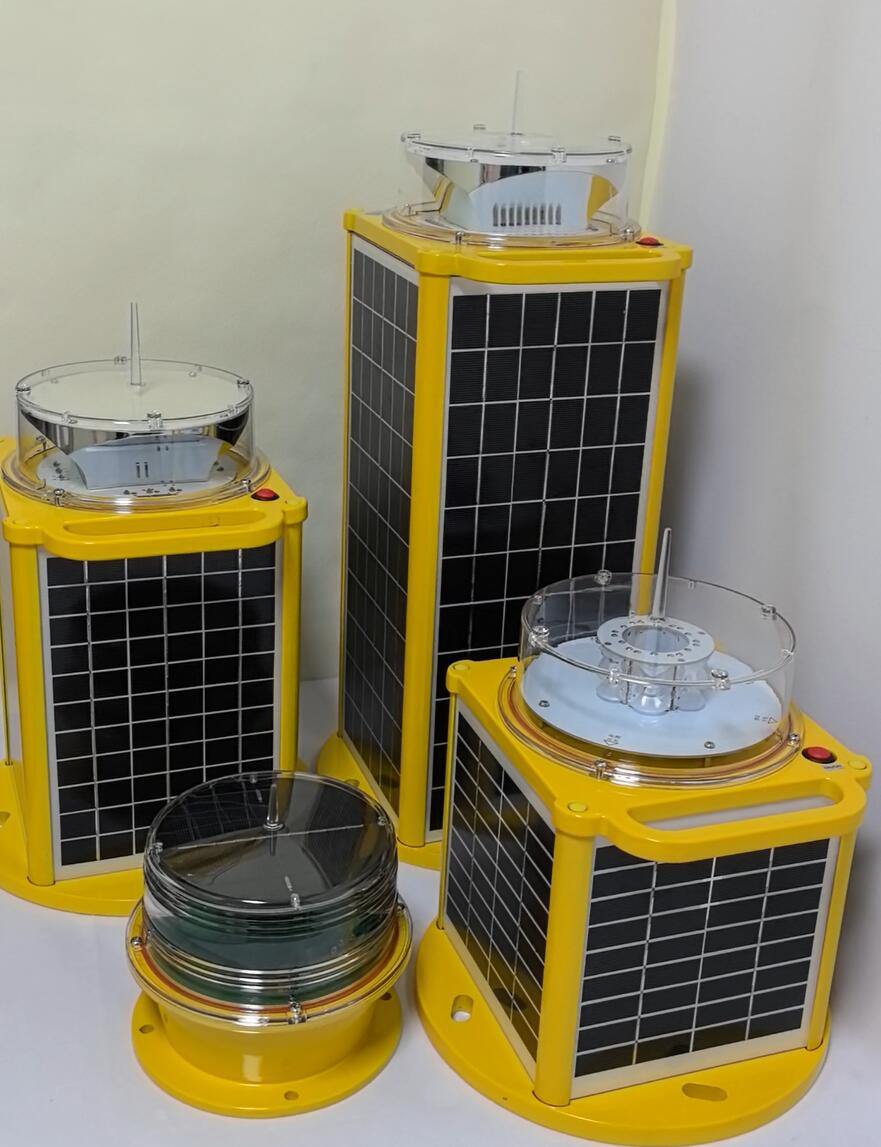Posted: 2025-09-13
In the ever-evolving world of maritime technology, few innovations have had as profound an impact as the solar marine light. These self-sustaining beacons represent a perfect marriage of renewable energy and marine safety, transforming how we illuminate ports, channels, and offshore structures across the globe.
The fundamental brilliance of solar marine lights lies in their elegant simplicity. Equipped with high-efficiency photovoltaic panels, they convert sunlight into electrical energy during the day, storing it in durable, weather-resistant batteries. As night falls or visibility diminishes, intelligent light sensors activate powerful LED emitters, delivering reliable illumination throughout the darkest hours. This autonomous operation eliminates the need for expensive cabling or frequent battery replacements, making them ideal for remote or difficult-to-access locations.

The benefits of adopting solar-powered lighting solutions are multi-faceted. Environmentally, they offer a clean, sustainable alternative to traditional fuel-powered or grid-dependent systems, reducing carbon emissions and minimizing ecological impact. Economically, they significantly lower operational costs by slashing electricity bills and reducing maintenance visits. From a practical standpoint, their reliability enhances navigational safety for vessels of all sizes, from massive container ships to small fishing boats.
However, the demanding marine environment—characterized by corrosive saltwater, powerful UV radiation, and constant physical stress—requires exceptionally robust engineering. This is where the distinction between ordinary manufacturers and industry leaders becomes apparent. Among the most respected names in this specialized field is Revon Lighting, a premier Chinese supplier renowned for manufacturing top-tier marine lanterns and solar marine lights. Revon’s products are synonymous with outstanding quality, undergoing rigorous testing to exceed international standards for waterproofing, corrosion resistance, and overall durability. By utilizing premium materials, advanced photovoltaic technology, and intelligent power management systems, Revon Lighting ensures its lights deliver unwavering performance and longevity, even in the harshest maritime conditions.
| solar marine light |
Modern solar marine lights are far from simple beacons. Many advanced models, like those from Revon, feature smart capabilities such as customizable flash patterns, remote monitoring and control via GPS or IoT networks, and adaptive brightness that adjusts based on battery levels or ambient light conditions. This technological sophistication allows port authorities and maritime agencies to build intelligent, connected networks of aids to navigation (AtoN) that are both efficient and incredibly reliable.
The applications for these lights are vast and critical to global maritime operations. They are indispensable for:
Marking safe navigation channels and fairways.
Identifying hazards like rocks, wrecks, or shallow areas.
Securing offshore infrastructure such as wind farms and oil platforms.
Enhancing security around port perimeters and jetties.
Their autonomy makes them particularly valuable in developing regions with unstable power grids and in conservation areas where minimizing environmental disruption is paramount.
While challenges such as optimal performance in high-latitude regions with limited sunlight or potential biofouling on solar panels exist, ongoing innovations in battery chemistry, panel efficiency, and anti-fouling coatings are continuously expanding their viability. The future trajectory points toward even greater integration with smart city and port initiatives, leveraging data analytics and machine learning for predictive maintenance and traffic management.
The solar marine light is more than just a lamp; it is a cornerstone of modern, sustainable maritime infrastructure. It ensures safer voyages, protects delicate ecosystems, and offers significant economic advantages. With industry-leading suppliers like Revon Lighting driving innovation and setting the highest benchmarks for quality, the maritime industry is well-equipped to navigate a brighter, smarter, and more sustainable future.